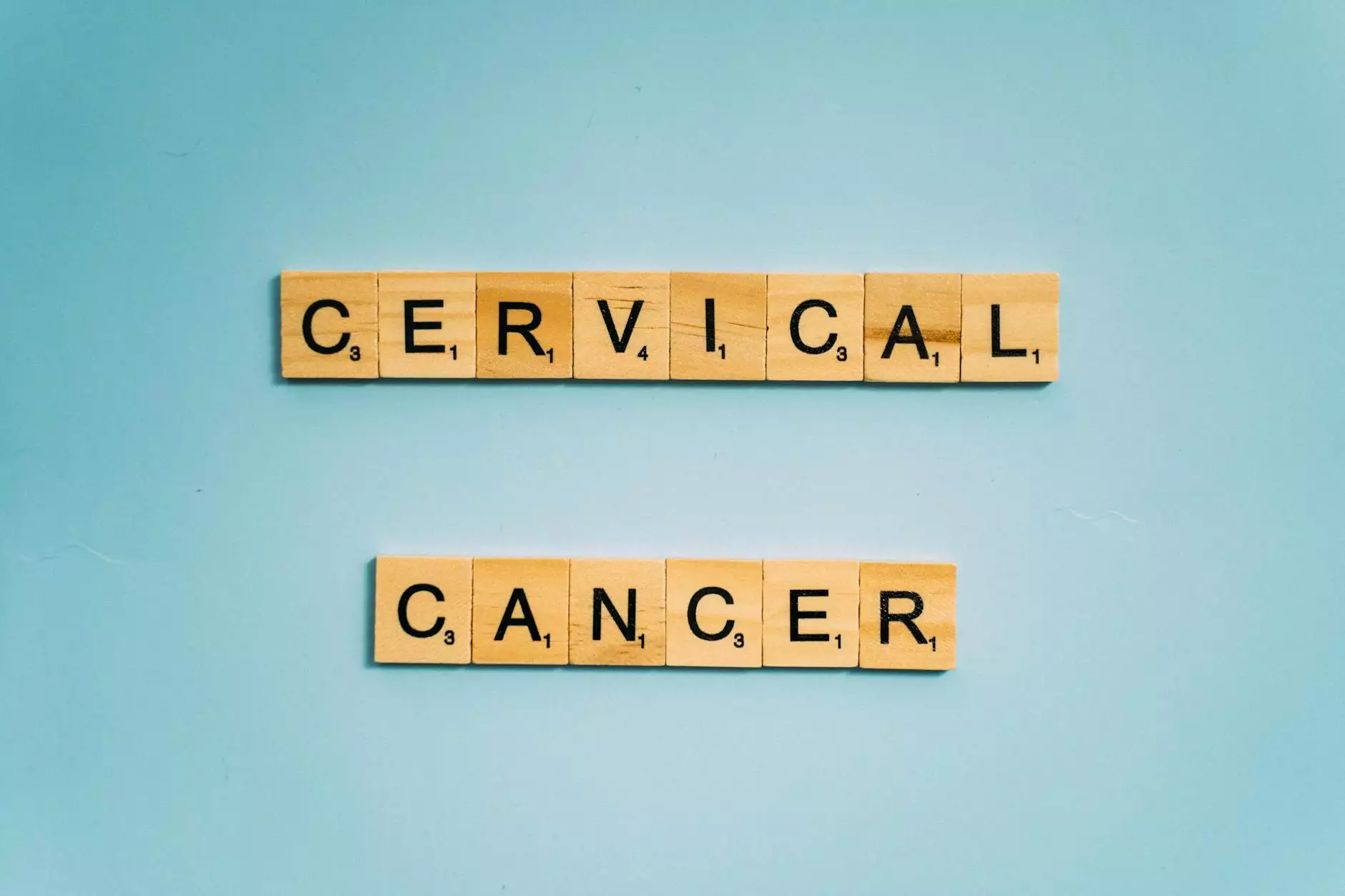Understanding the Risk of Cervical Cancer After Hysterectomy

The Importance of Regular Health Check-Ups
When it comes to women's health, regular check-ups with qualified doctors are crucial to ensuring overall well-being. Obstetricians and Gynecologists, often referred to as OBGYNs, are specialized healthcare professionals who specialize in the female reproductive system's diagnosis, treatment, and management. One significant concern for women who have had a hysterectomy is the risk of developing cervical cancer post-surgery. In this informative article, we will explore the various aspects of this topic, including preventative measures, risk factors, and the role of doctors in minimizing the risk of cervical cancer after hysterectomy.
What is a Hysterectomy?
A hysterectomy is a surgical procedure where a woman's uterus is removed. Common reasons for this procedure include severe uterine fibroids, endometriosis, chronic pelvic pain, abnormal uterine bleeding, or gynecologic cancers. While a hysterectomy can significantly improve a woman's quality of life, it is essential to acknowledge that it does not eliminate the risk of cervical cancer completely. Understanding the potential risk factors and taking appropriate measures is crucial to safeguarding one's health.
The Link Between Hysterectomy and Cervical Cancer
After a hysterectomy, the risk of developing cervical cancer is generally reduced. However, in some cases, women may still be susceptible to developing this type of cancer. The primary factor that influences this risk is the type of hysterectomy performed. There are two main types:
- Total hysterectomy - This involves the removal of the entire uterus, including the cervix. In such cases, the risk of cervical cancer is essentially eliminated. Regular Pap smears may no longer be required.
- Partial hysterectomy - This procedure removes the uterus while leaving the cervix intact. In these cases, routine Pap smears are still necessary to detect any potential signs of cervical abnormalities or cancer.
The Role of Regular Pap Smears in Cervical Cancer Prevention
Pap smears, also known as Pap tests, are preventive screening procedures that can help detect early signs of cervical cancer. Even after undergoing a partial hysterectomy, women must continue to undergo routine Pap smears as recommended by their healthcare provider. These tests ensure any abnormal cells or potential precancerous changes on the remaining cervix are promptly identified and treated, significantly reducing the risk of cervical cancer.
Reducing the Risk of Cervical Cancer
Aside from regular Pap smears, there are several other preventive measures women can take to reduce their risk of cervical cancer after a hysterectomy:
- Implementing a Healthy Lifestyle: Maintaining a healthy lifestyle that includes regular exercise, a balanced diet, and avoiding habits like smoking can significantly reduce the risk of cervical cancer.
- Safe Sexual Practices: Practicing safe sex by using condoms and being mindful of sexual partners' sexual history is essential in preventing cervical cancer.
- HPV Vaccination: The human papillomavirus (HPV) is a common cause of cervical cancer. Vaccination can help protect against high-risk HPV strains, reducing the risk of cervical cancer.
Consulting with an Obstetrician & Gynecologist
Regular visits to a trusted obstetrician and gynecologist are crucial for women who have undergone a hysterectomy. These healthcare professionals possess the specialized knowledge and expertise required to monitor and manage any potential risk factors associated with cervical cancer. Through comprehensive examinations, they can ensure that the patients receive appropriate care and follow-up measures.
Conclusion
While a hysterectomy may reduce the risk of cervical cancer, it does not eliminate the possibility entirely. Regular check-ups, including routine Pap smears and consultations with obstetricians and gynecologists, are essential in monitoring any potential risks and preventing the development of cervical cancer. By taking proactive measures and maintaining a healthy lifestyle, women can effectively minimize their chances of facing cervical cancer after a hysterectomy.









